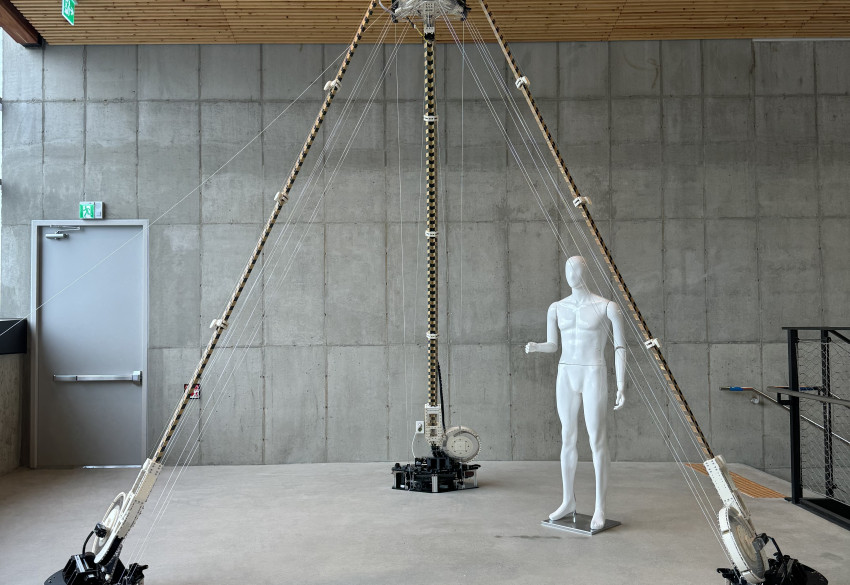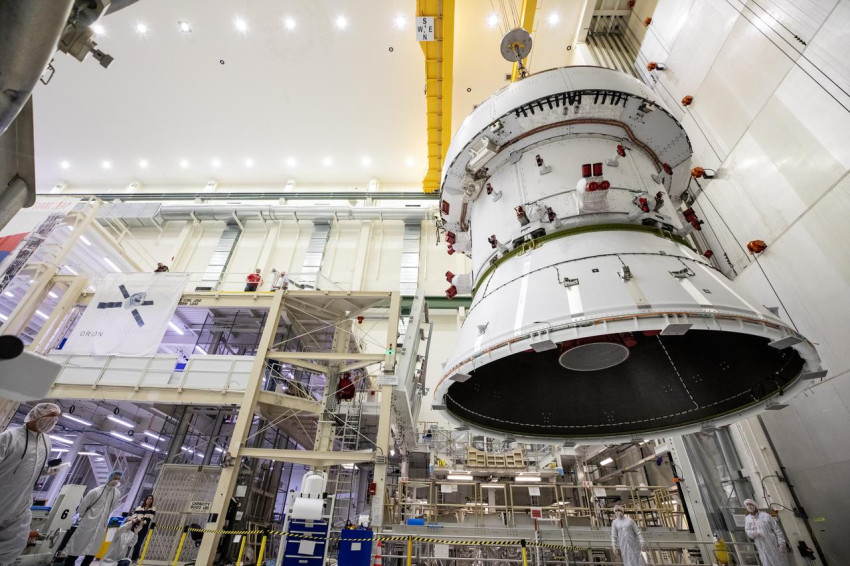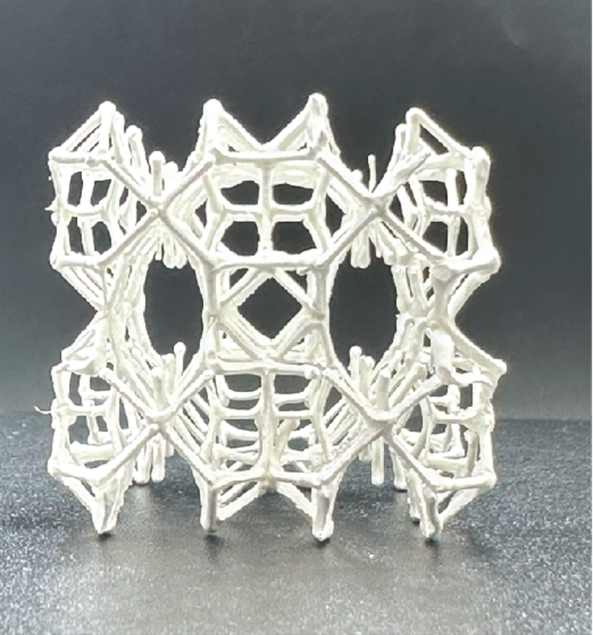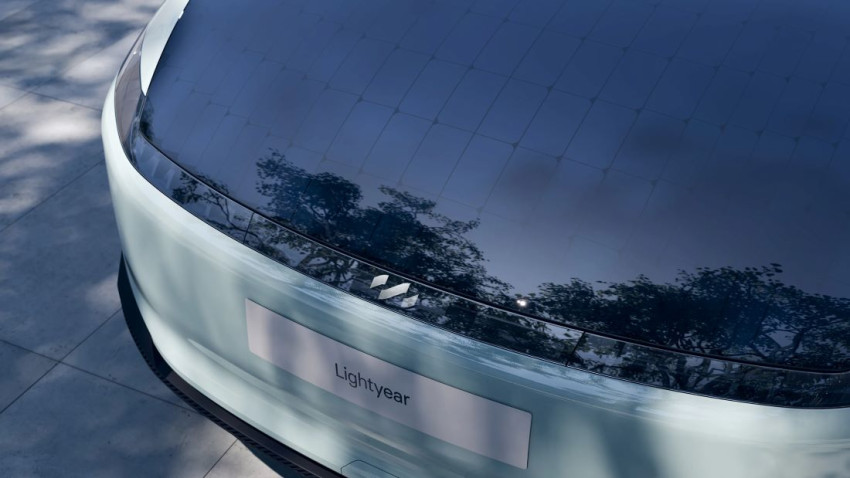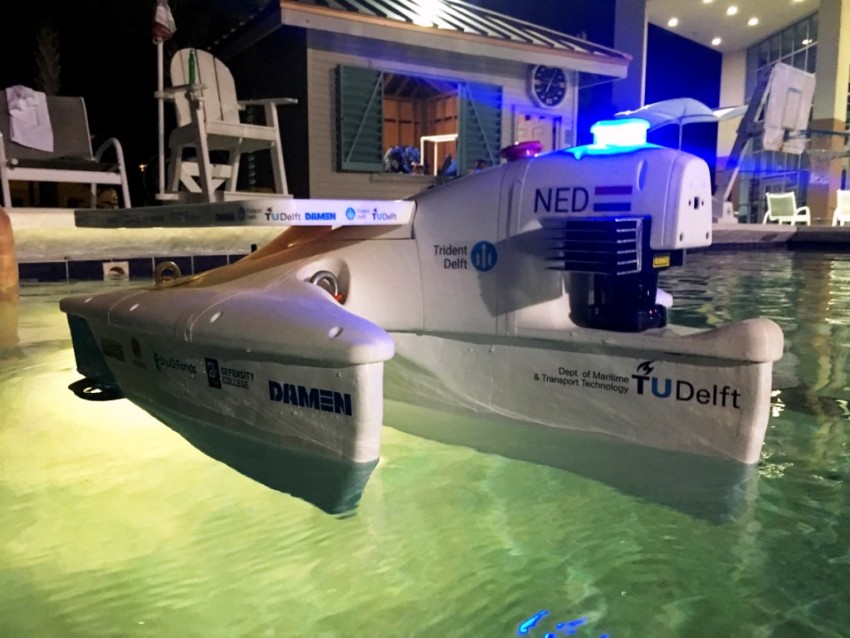
Team Trident fifth in competition for autonomous boats
Team Trident Delft took fifth place in Florida at the Roboboat competition for autonomous boats, where a total of thirteen teams participated. The Delft students were rated top in the Best Static Performance test.
The Roboboat competition took place last week, with prizes being awarded on Sunday evening. The Trident won the Best Static Performance test, where the team presented the boat to the jury and it was assessed in terms of technical expertise, safety and inventive solutions.
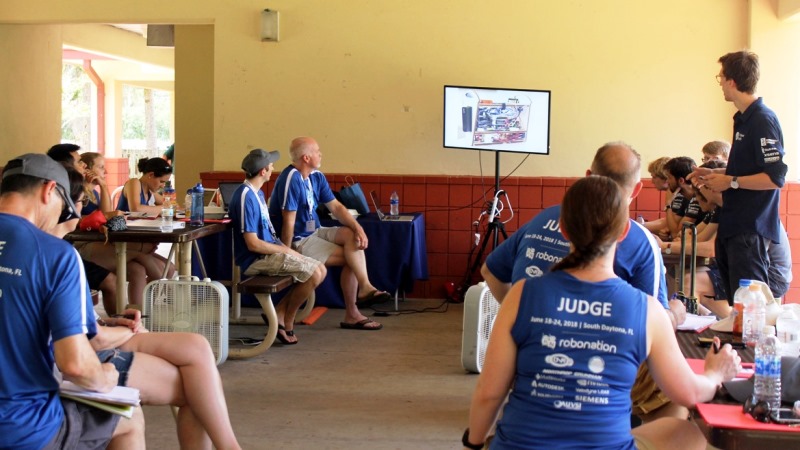
30 degrees
Of course, the boats also had to carry out various autonomous assignments in water, such as recognising objects and navigating a route between buoys. One of the first assignments was to determine the GPS coordinates of four buoys. Another assignment was to sail continually between the gates of two buoys, where the exact position of the buoys was not known in advance. The boat can use various techniques to do this – a determination of its own position, holding a course, and obstacle detection and avoidance. In practice, it involved a combination of all three.
The Trident successfully completed these assignments in the preliminary round, but it wasn’t entirely without problems, as the connection between the battery and the engine burned out. 'And in the second round, the router went down. The conditions were tough; the temperature never dropped below 30 ºC, and humidity was high. Even though our boat is full of fans, electronics don’t react well to such conditions,' explained spokesperson Timothy Puglia on the phone from Daytona, Florida.
Error message
After a good preliminary round, Team Trident suffered a disaster in the final. 'The sensor which our boat needs to hold course gave an error message, so the boat ended up sailing in circles. The problem was the driver rather than the sensor itself, but sadly we were unable to solve it.'
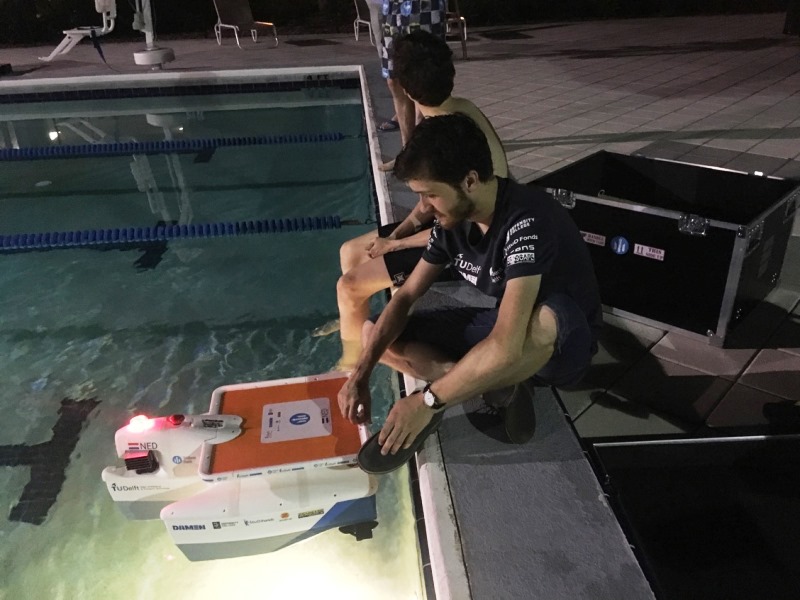
Backups
Even so, the team was satisfied with the result. 'This is the first time we’ve taken part, and we built our boat entirely from scratch, so fifth place is not bad at all. We’ve learned a lot from the experience. Firstly, that extreme weather conditions and electronics are a bad combination. And secondly, that for this very reason you really have to have a backup of every part of your boat, or a replacement part,' according to Puglia.
The competition was won by a team from Institut Teknologi Sepuluh Nopember from Indonesia, with runner up being the Georgia Institute of Technology from the USA. Both were well ahead of all the other competitors, but have also been taking part in the competition for many years.
Read more about the experiences of the Delft team on their blog.
If you found this article interesting, subscribe for free to our weekly newsletter!
Images: Team Trident Delft


